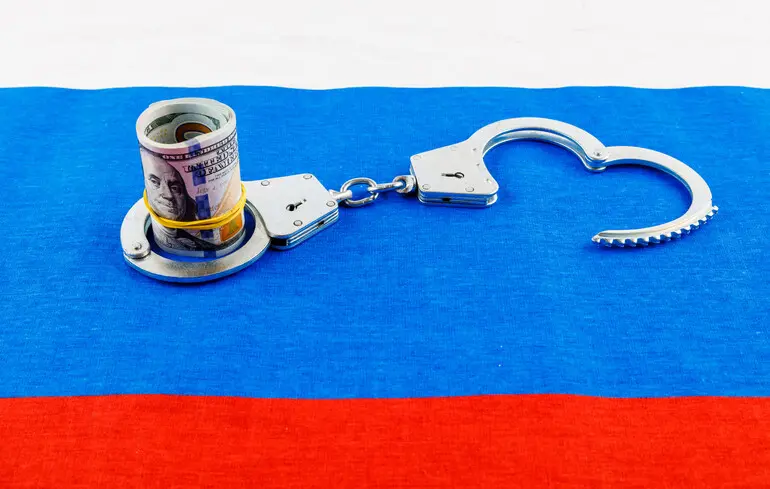How Europe Can Strike Russia in Its Weakest Spot: Opportunities and Obstacles

Amid mounting international tensions, Europe finds itself at a crossroads regarding its most potent lever against Russia: over 260 billion euros worth of frozen Russian state assets held across various Western jurisdictions.
These assets represent a significant financial and diplomatic tool that could be used to exert pressure on Moscow amid ongoing conflicts.
While the idea of confiscating these funds remains legally and politically complex, discussions are intensifying around their potential use and the conditions under which they could be accessed.
The European Union has cautiously started to lift some restrictions on these assets, directing the funds toward aid efforts for Ukraine through grants and special funds.
Meanwhile, Ukrainian leaders and Western policymakers are urging for the full confiscation of these assets, emphasizing their strategic importance for post-war reconstruction.
Legally, the main challenge is whether states can override sovereign immunity rights to confiscate foreign state assets without violating international law.
Currently, this process faces numerous barriers, including concerns over reputation and potential retaliatory measures from Russia.
Countries like the USA and Canada have already legislated more concretely in this direction, whereas Europe is still debating legal frameworks.
There is also a growing interest in channeling these confiscated assets into long-term investment funds to generate income that can support Ukraine’s resilience in the aftermath of conflict.
Whether Europe and the international community will overcome these obstacles to effectively harness this financial power remains an open question.
It’s clear that these assets, even if frozen or partially confiscated, are a significant strategic resource in the ongoing global confrontation, and their future use could shape the broader geopolitical landscape.

